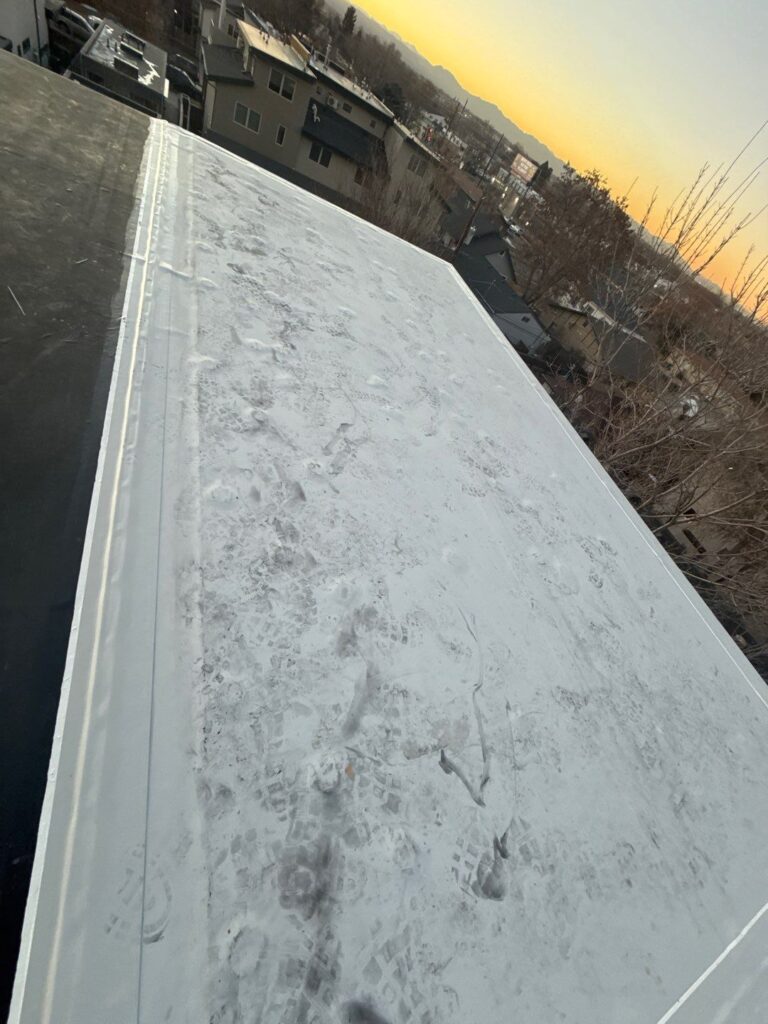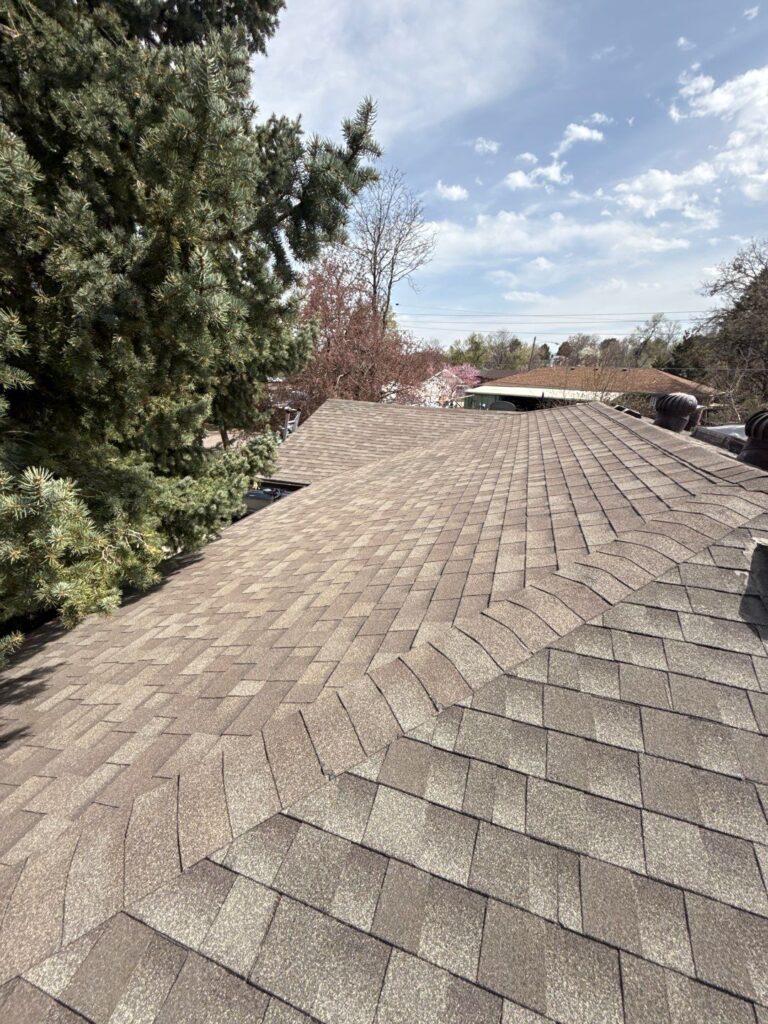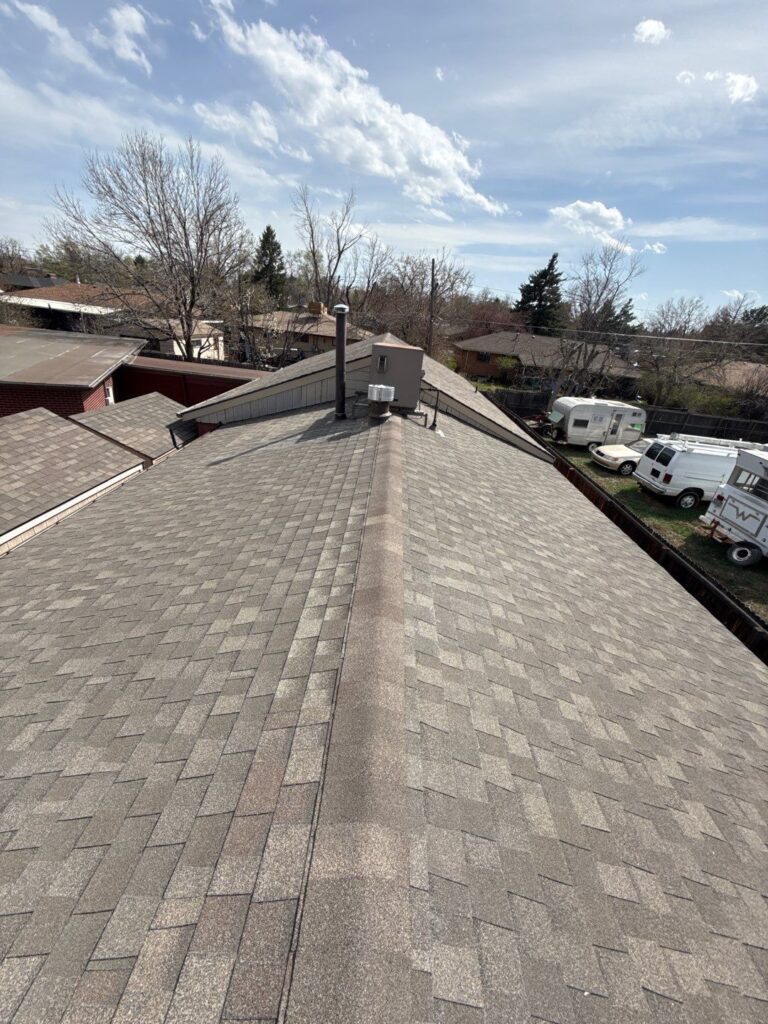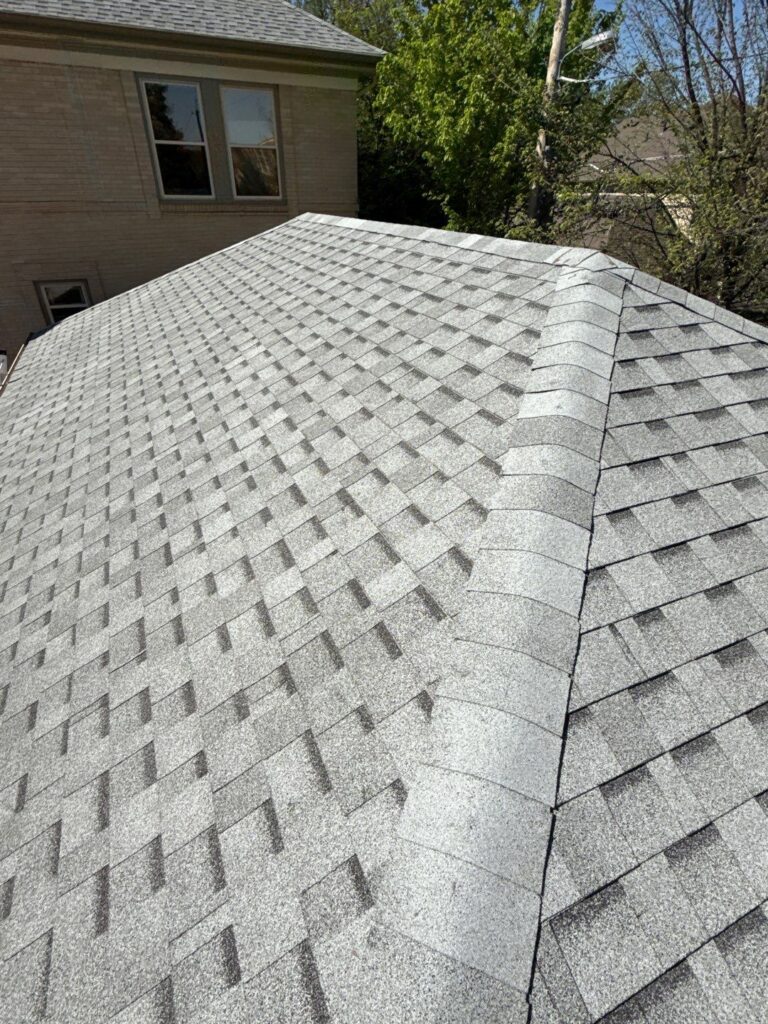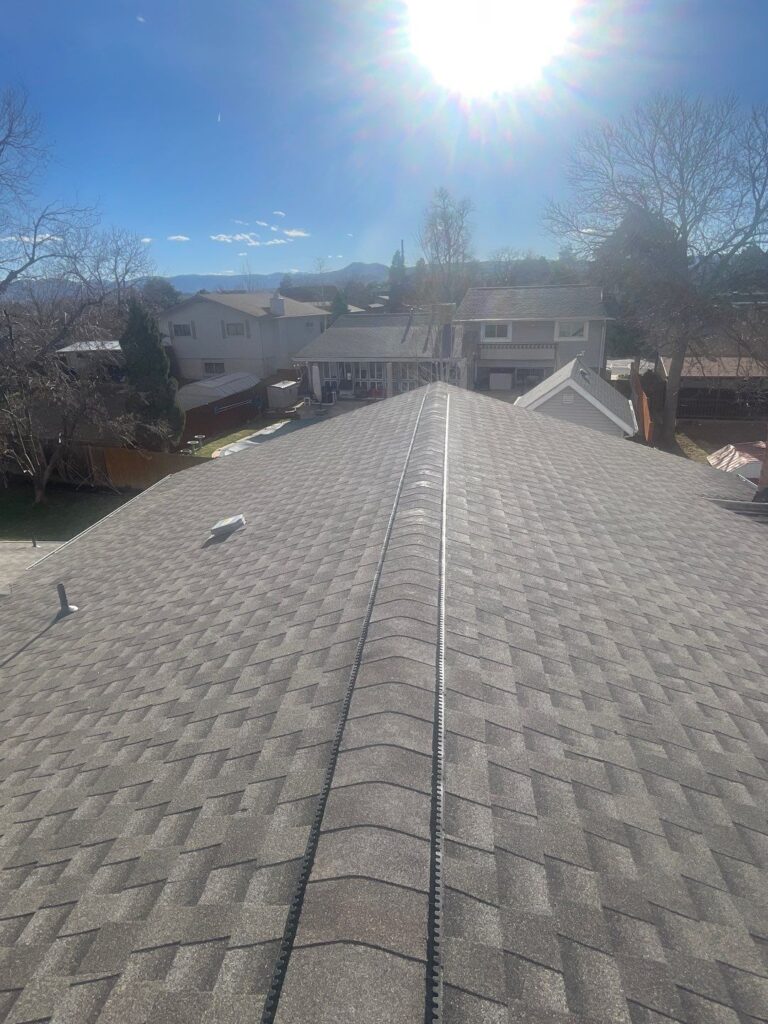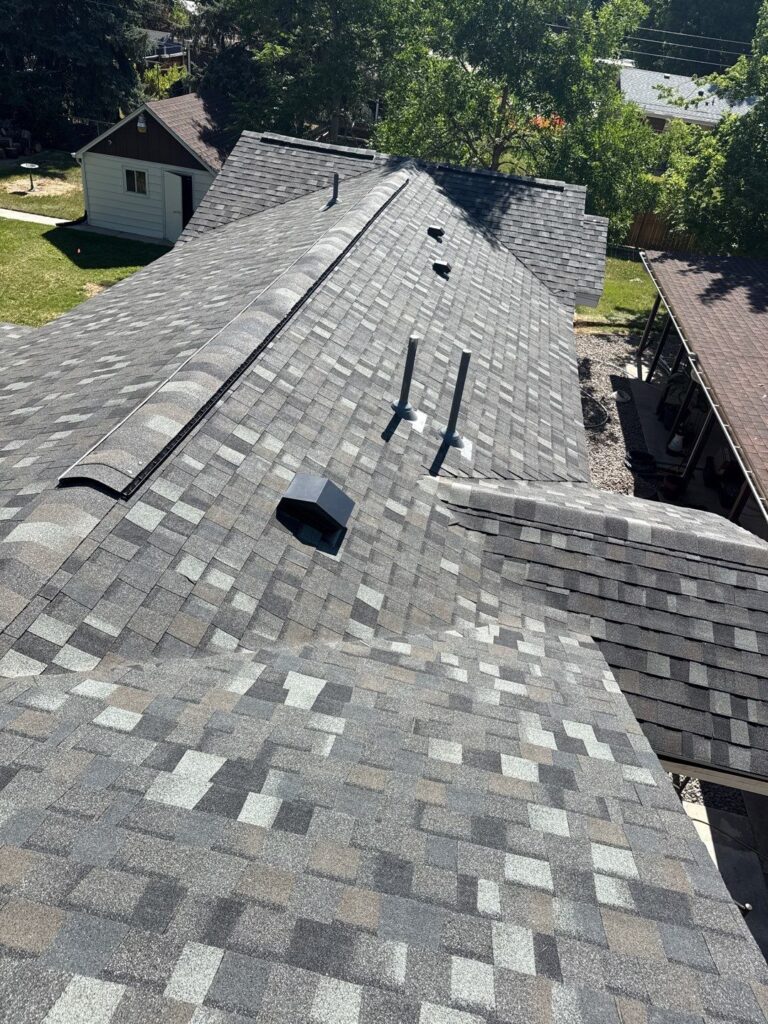How to Select the Right Roofer for Your Home
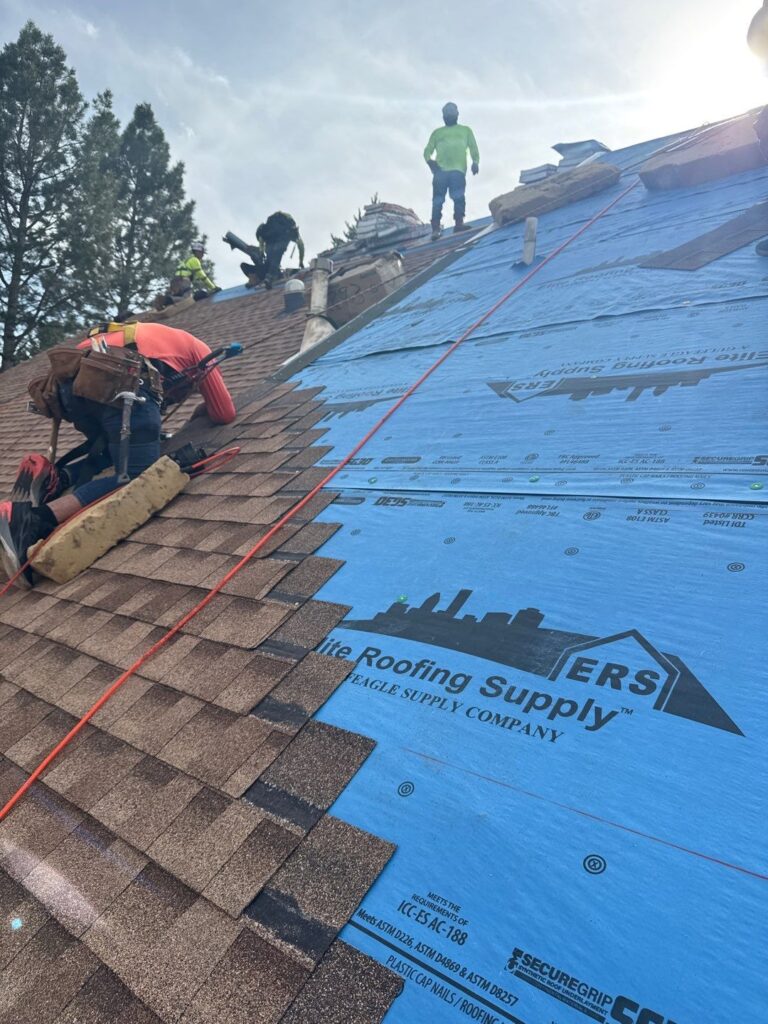
Why Choosing the Right Roofer Matters
The roof is the first line of defense against unpredictable weather—snowstorms, hail, high winds, and intense UV exposure. A properly installed and maintained roof ensures not only safety but long-term value and efficiency. Selecting a roofer isn’t just a transaction—it’s an investment. Knowing what criteria truly matter can make the difference between a stress-free installation and an expensive disaster.
1. Prioritize Local Roofing Experience in Denver
Choose a roofing contractor with a deep understanding of unique climate and municipal building codes. Roofers in Denver must be familiar with specific weather patterns like seasonal hail and heavy snow loads, and they must also understand the permitting process that varies across Denver’s districts.
When interviewing a potential roofer, ask how long they’ve been serving the Denver area. Established local contractors are more likely to honor warranties, have positive community feedback, and operate under proper local licensing and insurance guidelines.
2. Verify Licensing, Insurance, and Bonding
Roofing contractors are required to obtain a license from the local jurisdiction. A professional roofer should be able to provide:
- A valid roofing license
- Proof of liability insurance (minimum $1M coverage recommended)
- Workers’ compensation insurance
- Bonding for financial security
These documents protect both the homeowner and contractor, ensuring that legal and safety standards are met at every stage of the project.
3. Evaluate Online Presence and Customer Reviews
A credible roofing company in Denver will have a consistent online footprint with transparent customer feedback. Focus your research on platforms such as:
- Google Maps (look beyond paid ads)
- Better Business Bureau (BBB accreditation is essential)
- Team Dave Logan or similar vetting services
- Colorado Secretary of State business database (to confirm local registration)
Look for patterns in reviews—consistent praise for communication, punctuality, and craftsmanship are strong indicators of reliability.
4. Compare Detailed Written Estimates
Every proposal should break down materials, labor, timelines, and warranty details. Avoid vague or verbal quotes. When reviewing bids, confirm the following:
- The roofing system components (underlayment, flashing, ventilation)
- Type and brand of shingles or roofing material
- Cleanup procedures and disposal
- Payment terms and scheduling
Be cautious of unusually low bids—they may indicate shortcuts on materials or unlicensed labor. Reliable roofers will provide estimates with full transparency, allowing you to compare apples to apples.
5. Ask the Right Questions About Warranties
Understanding your coverage options helps protect your investment. Reputable roofing companies offer both:
- Workmanship Warranty: Covers installation quality (typically 5–10 years)
- Manufacturer’s Warranty: Covers roofing material defects (often lifetime, but may be prorated)
Ask how the warranties are handled—will the roofer manage the claims process if an issue arises, or are you responsible for dealing with the manufacturer?
6. Avoid Out-of-State Storm Chasers
After severe weather events, unlicensed contractors may flood the market. These “storm chasers” often operate with no local accountability, expired credentials, or nonexistent insurance. Red flags include:
- Out-of-state license plates
- Pushy, door-to-door sales reps
- “Limited time” offers
- Promises to waive or absorb your insurance deductible (which is illegal in Colorado)
Only consider roofing contractors with a long-standing presence. One trusted name with deep local roots is Tried and True Roofing, a roofing company based in Denver, Colorado, known for its dependable craftsmanship and ethical practices.
7. Understand the Insurance Process
If your roof repair is part of an insurance claim due to hail or storm damage, note the following:
- Insurance providers set fixed rates—your deductible is often your only cost
- Most reputable roofing companies will work within the insurance scope
- Don’t shop for the lowest estimate—it won’t benefit you financially and could reduce the quality of work
Instead, focus on choosing a roofer with strong experience handling insurance claims to ensure paperwork accuracy and efficient approvals.
8. Choose Roofers Who Communicate Clearly
Open, timely communication is non-negotiable. From the first inspection to the final cleanup, a trustworthy contractor will:
- Set expectations clearly
- Provide prompt answers to questions
- Offer written documentation at every stage
- Maintain a single point of contact for accountability
9. Confirm Timeline and Availability
Reliable roofing contractors maintain organized project schedules and won’t overpromise. Ask for a clear start date, estimated completion, and how weather delays are handled. Timelines that are too vague—or too rushed—can indicate disorganization or overbooking.
10. Look for Signs of Long-Term Business Integrity
Sustainability in the roofing industry is a sign of customer satisfaction and financial responsibility. Look for signs such as:
- Locally registered for 10+ years
- A physical business location
- Membership in trade associations
- Positive references and long-term warranties
Roofing companies in Colorado with these traits are more likely to support you throughout the lifespan of your roof.
Conclusion
The best roofing company in Denver isn’t just the one offering the lowest price. It’s the contractor that provides clarity, meets all legal standards, has a solid local reputation, and stands by their work. Protect your home and peace of mind by choosing a roofer who is established, insured, communicative, and skilled in navigating both residential and insurance-based roofing projects. Whether it’s a small roof repair or a full replacement, the right roofer will ensure your investment is built to last.
How to Select the Right Roofer for Your Home Read More »
